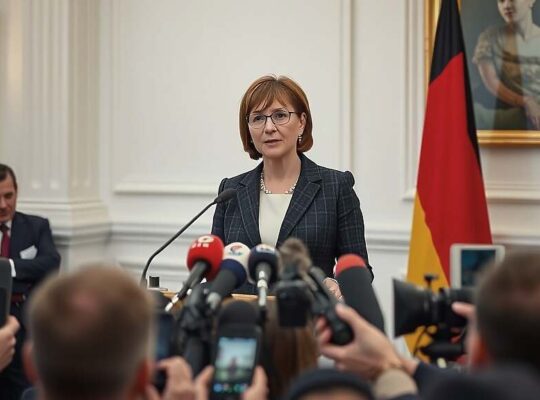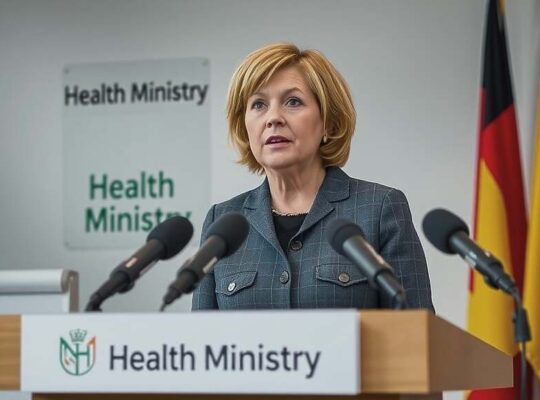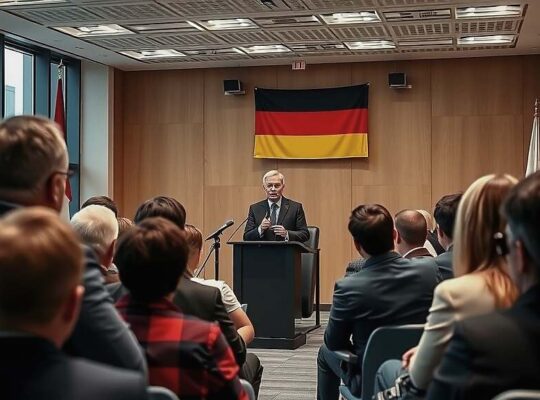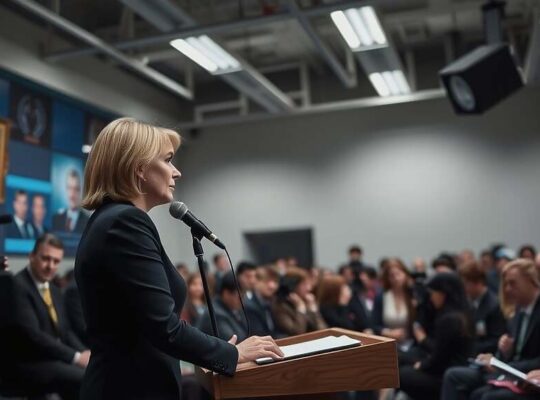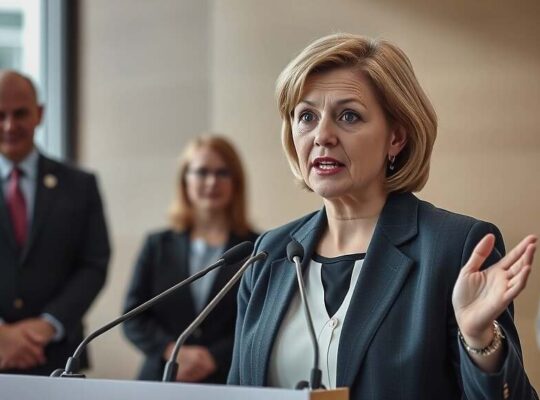The ongoing UN conference addressing global plastic pollution is being hailed by marine biologist Melanie Bergmann as a pivotal moment in the ongoing battle against plastic waste. Speaking to Tagesschau24, Bergmann emphasized the urgency, stating, “We have a truly historic opportunity here that we must seize.
The production of plastics is currently increasing by approximately four percent annually, a trajectory that, according to projections, could triple the volume of plastic waste by 2060. Scientific studies indicate that between 19 and 23 million tons of plastic enter global waterways each year, pushing the world beyond its planetary boundaries. Bergmann stressed the critical need for regulation to mitigate this issue, particularly in relation to reducing carbon dioxide emissions.
A key area of required change, Bergmann argued, is the chemical composition of plastics. She advocated for the elimination of harmful chemicals and a simplification of formulations, noting that even seemingly standard items like PET bottles can vary considerably in composition between different manufacturers.
The pervasiveness of plastic contamination is a growing concern, with evidence of microplastic particles now found in various human organs. These include the heart, lungs and bloodstream and concerningly, even in the placenta and breast milk. This early exposure presents a particular vulnerability, highlighting the imperative for immediate action.
Negotiations for a UN agreement against plastic pollution are resuming this week in Geneva. Previous discussions, which concluded in Busan, South Korea in December 2024 without a finalized agreement, were considered crucial. The Geneva talks are widely seen as the most likely final opportunity to establish an international treaty. Bergmann is participating in the negotiations as part of the German delegation, actively contributing to the ongoing discussions.





